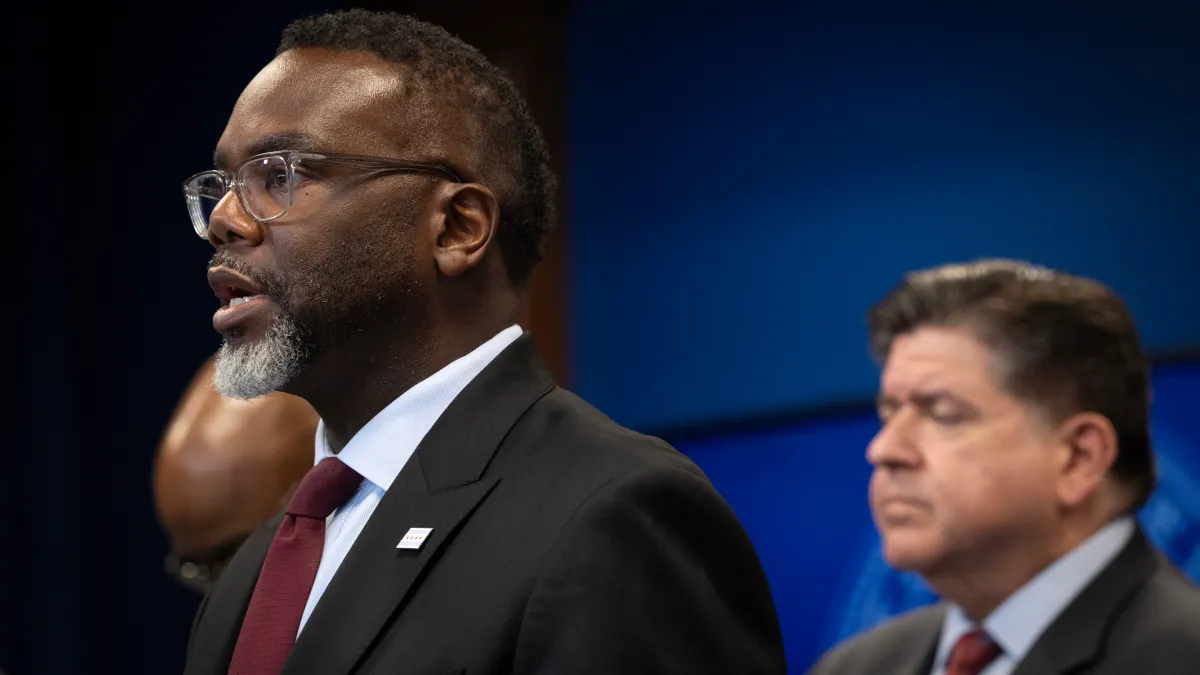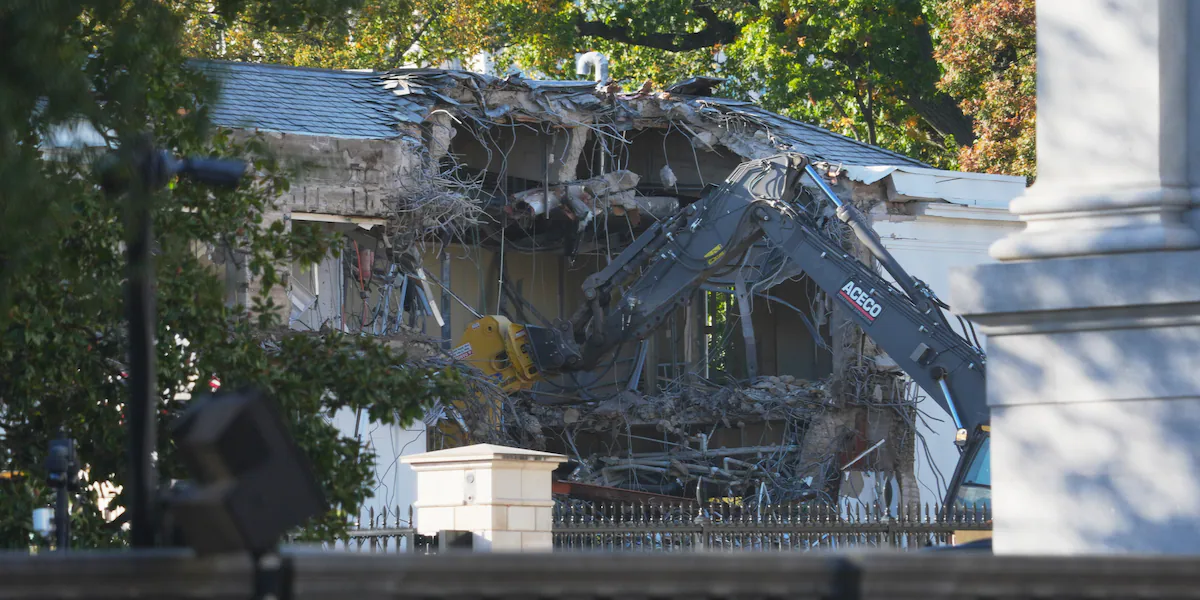Copyright NBC 5 Chicago

Illinois Gov. JB Pritzker is making it clear he is not on board with an integral part of Chicago Mayor Brandon Johnson's 2026 budget plan. "I am absolutely four-square opposed to a head tax in the city of Chicago," Pritzker said during a conversation at the Economic Club of Chicago on Tuesday. Pritzker's comments are rare, as the governor typically stays out of city budget negotiations. The corporate head tax, which Johnson calls a community safety surcharge, charges large corporations for each employee they employ within city limits. The surcharge would be $21 per employee per month for companies in Chicago with at least 100 employees. Johnson’s proposal to reinstate the head tax, which former Mayor Rahm Emanuel got rid of in 2014, appeared to be on life support the day the mayor first proposed it. The governor's opposition certainly won’t help. Johnson said his budget proposal avoids having to increase taxes for "working people" and instead would charge the "ultra-rich." However, Pritzker sees it as antithetical to his economic goals for the city. "(The tax) penalizes the very thing that we want, which is we want more employment in the city of Chicago. And it makes it very hard to attract companies from outside of Chicago to come in to Chicago and harder for companies that are in Chicago to stay," Pritzker said. At City Hall on Tuesday, members of the Chicago City Council began the first of several budget hearings. Alderpeople must approve a balanced budget by Dec. 31. Mayoral allies and child care workers with SEIU Healthcare Illinois applauded the mayor's proposed budget during a news conference Tuesday. "We’re here to talk about the budget: how the city is wasteful and how we should make sure the people are the priority," Ald. Jeanette Taylor from Ward 20. The child care workers even went further than Johnson, calling for a corporate head tax of $40 per employee per month, instead of the $21 Johnson proposed. They want the additional funds to be directed toward investments in child care, by expanding access to child care and giving the workers a $1 an hour raise. “We’re the people who make it possible for other Chicagoans to go to work. The city's economy depends on us, and yet, too often we're the ones struggling to afford our own rent, our own groceries or child care for our own children," said Toni Frazier, a child care advocate and family support specialist with the Center for New Horizons. The $7 million the mayor has designated for child care is far less than what these advocates want. “We're also here to say that $7 million isn’t enough. It's not enough for our families. It's not enough for our child care workers. And we know that we can't afford to wait another day," said Heather Wills, deputy director of the Workers Center for Racial Justice. However, aldermen have already made it clear that taxing corporations – as much as $40 monthly per employee – is going to be a tough sell. “I think the head tax is definitely a job killer. And it sends the wrong message … that Chicago is not open for business," said 9th Ward Ald. Anthony Beale. “As we continue to see more and more people, more and more companies talking about leaving Chicago and Illinois, this is not the message to send,” added 19th Ward Ald. Matt O'Shea. The governor underscored the importance of balancing the budget but said his main recommendation is to look for "efficiencies," meaning budget cuts. "I haven't seen any of that in this budget so far. I think that's going to have to happen because there are going to be changes. People are not going to like certain revenue enhancements that he's got in his budget. So, I think you gotta find efficiencies, and there are efficiencies to be found," Pritzker said.



